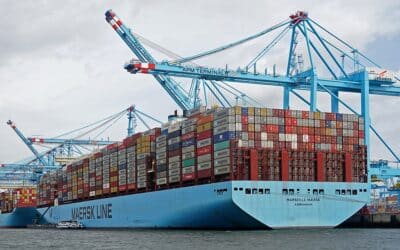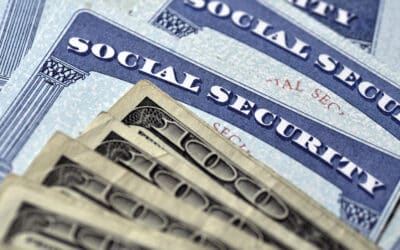I was chatting with my tobacconist the other day — I have no rabbi, no priest, no minister, no imam, no chiropractor, and no lawyer, but I do have a tobacconist — when it struck me that my trade deficit with him is astronomical.
How could I have let this happen? For the nearly 20 years I have been patronizing his venerable establishment — nay, institution — it is I who has pushed money — make that plastic — across the counter. But not once has he pushed even a red cent to me. Come to think of it, this is also the case with Kroger, Walmart, McDonald’s, and a variety of gas stations.
See the pattern? The money moves in one direction only. What the hell is going on!
I realize that each time I gave those merchants my hard-earned dollars, I received things — but they were mere goods. Money is where the action is, right? Everybody knows that in any trade, it’s the money side that wins. I think Donald Trump said something along those lines, and he wouldn’t lie. He has a very fine brain — just ask him — so he couldn’t be mistaken.
Yet I have this nagging feeling my torment is misplaced. After all, no one forced me into those stores. Each time, I had an internal reason; in the case of the tobacco shop, it was my habit hobby. I wanted the pipe tobacco, groceries, double-cheeseburgers (keto style: no bun, no fries), and gasoline. Still, while I buy from those merchants week after week, none of them has ever bought a damn thing from me. Not once have they paid me to write or an edit an article for them. Not one time!
But this thought keeps nagging at me: does it matter?
Let’s approach this from another direction. Whenever I buy from them, I transfer money to which I hold proper title. It wasn’t a gift, so that means I’d previously provided services to somebody. The tobacconist doesn’t buy my services, but someone else does. Meanwhile, the tobacconist spends the money I give him to buy other people’s products and services. This suggests that when we abandon barter, what looks like two-sided exchange is really triangular, even though one of the parties is absent.* In fact, the emergence of triangular exchange marks the move from barter to money. (“Hey, I know what I’ll do. Even though I don’t want this rice being offered for my products, I’ll accept it in exchange because I know I can trade it to someone else for what I do want.”)
Maybe it doesn’t matter, then, that those to whom I sell are not the same as those from whom I buy. I shouldn’t care about any bilateral “deficit.” What matters is just that I don’t chronically spend more money than I bring in by borrowing excessively. But as is now evident, my “trade deficit” has essentially nothing to do with any budget deficit I might run up.
I also don’t see the point in “adding up” different people’s trade situations in an attempt to a get “better” view of things. Let’s say my next-door neighbor, Jones, happens to be a wholesaler who deals in pipes and tobacco, and during the year he happens to sell as much in dollar terms to my tobacconist as I buy from him. Do we learn anything important when we see that Richman-Jones has a perfect balance of trade with the shop? I think not. What if that’s the case with my whole block, neighborhood, town, county, or state? Same answer. Who cares?
Okay, then maybe this would be a problem: rather than buying things from anybody, the tobacconist invests the money he receives from me. If he invests well, that money will make him money because those who borrow it will be able to produce more, better, or cheaper goods for the (world) community. Nope, I see no problem there.
If I’m right about all this, then Adam Smith was being anything but hyperbolic when he wrote in The Wealth of Nations that “nothing can be more absurd than the whole doctrine of the balance of trade.”
“Yes, yes,” a Trumpster will say. “That’s all well and good. But what if the person on the money side of my transaction is — gasp! — not an American?”
There’s a definitive two-word answer to that question: so what?
*I could have said trade is at last quadrangular rather than triangular. The two parties to an exchange have each exchanged or will exchange with two other people.










